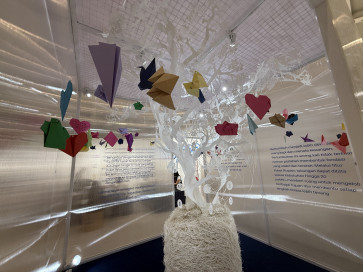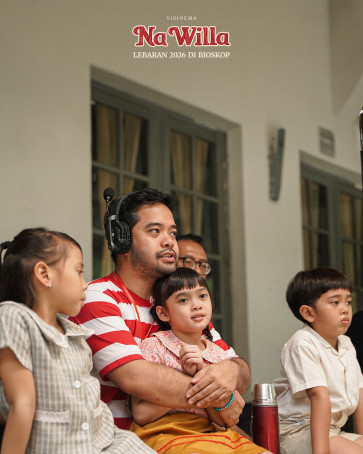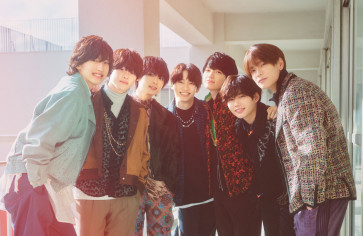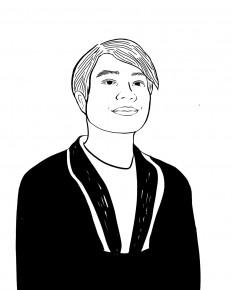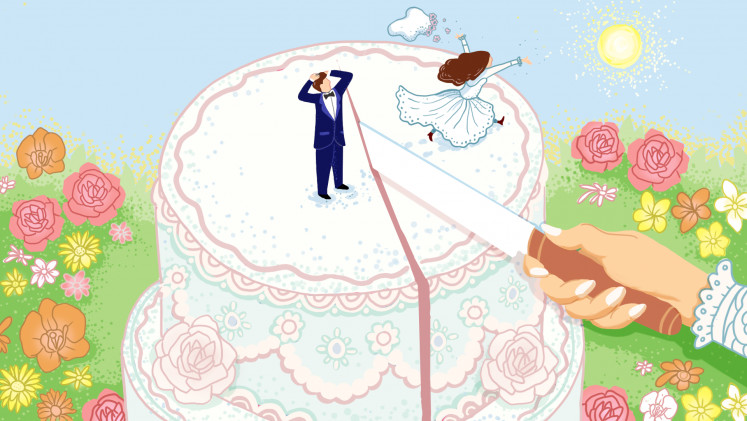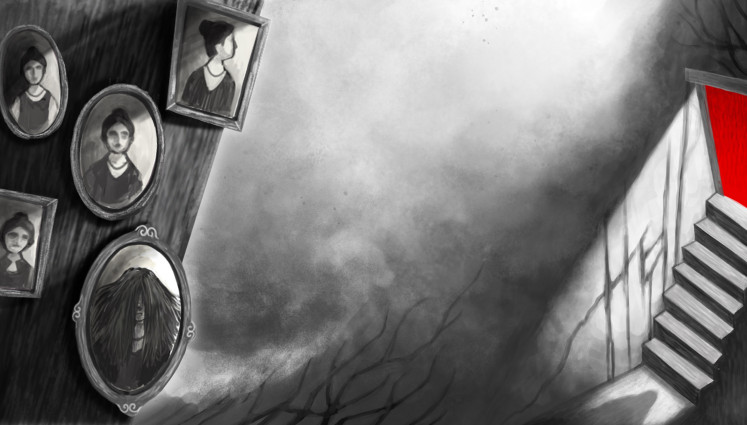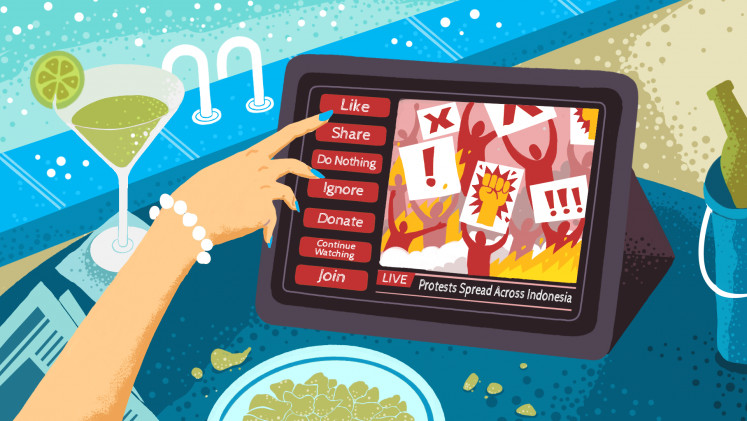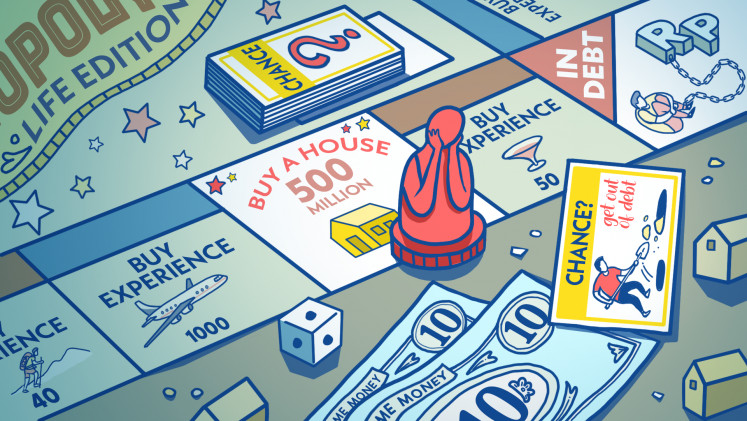Next year will be my third year of full-time work, and suddenly my age feels heavier than I would like. I was born in 2001, part of the Gen Z cohort, and somehow we’ve become the demographic everyone wants to decode.
By 2030, 74 percent of the global workforce will be made up of us and millennials.
I’d like to think I’ve learned some of the ropes. After all, I haven’t been fired yet, so I must be doing something right. But skepticism still lingers. Seniors make passing remarks about “how people my age work”, and sometimes, I can feel myself being studied like a puzzle.
But this is a tale as old as time. Since the 1890s, articles have lamented the work ethic of the youth: lazy, entitled, too soft. The pattern repeats every few decades. The vocabulary changes, but the undertone stays the same: anxiety about change is dressed up as criticism.
So what actually makes us different? And why are we still treated as a workplace problem rather than a product of the world we inherited?
Gen Z’s myth vs. reality

Thank you!
For signing up to our newsletter.
Please check your email for your newsletter subscription.
Stereotypes follow us everywhere: allergic to hierarchy, obsessed with boundaries, overconfident, underprepared. But according to Andreas Budihardjo, professor of human resources and organizational studies at Prasetiya Mulya, the reality is more nuanced.
“Gen Z workers have a high emotional quotient. They like communicating effectively, they embrace being individuals and are outspoken because of it,” he explained at The Jakarta Post’s Leadership Insight Forum on October 28.
“The issue is the cultural quotient. They’re in the adjustment period of understanding the norms of a professional work environment.”
Our clarity is often misread as arrogance. Our directness, shaped by growing up online, can sound abrupt to those who learned to speak in layers.
“I think we are forthcoming about what we need or what our opinions are. This doesn't mean that we want to be rude, we just don't really suffer in silence,” said Nia, 22, a freelance writer and recent graduate.
Her point explains a tension older colleagues interpret as disrespect. We communicate quickly because we grew up on platforms where hesitation meant invisibility.
Darrel, 24, a prospective dentist currently undergoing his training, sees it too. “So we’re like, ‘Oh why can’t I just ask? Why can’t I just voice my opinion?’ I think that individualism goes against our country’s more collectivist professional environment.”
We might sound blunt, but that’s also because we’re acutely aware of how little we know.
“The previous generations might think that Gen Z’s assertiveness is arrogance, but it's not that at all, it's about brevity and clarity,” Andreas said.
“They’re willing to ask, ‘What position will I have within 4 years? What facilities will I receive? How will I develop?’ Their outspokenness is how they figure out how they can excel in their careers, it’s not driven by disrespect.”
We speak differently not because we reject norms, but because we’re still learning the rules of a game that began long before we arrived. Because we lack airtime, and we’re still adapting.
Yet the workplace often treats this adaptation as a pain point, as a flaw to correct.
What we need vs. what we get
If Gen Z seems to prize work-life balance more than prestige, it’s because the baseline conditions have morphed.
According to Deloitte’s 2025 Gen Z and Millennial Survey, younger workers are driven by wellbeing and purpose, not ladder climbing. A third of Gen Z workers said better work-life balance motivated them to switch industries or career paths. Only 6 percent aimed for leadership as their primary career goal.
“It’s a truth that organizations have to accept now. When Gen Z and Millennials talk about success, what they're talking about is wellbeing and purpose,” said Hesty Setianingrung, partner at Deloitte Consulting.
Nearly 90 percent say purpose influences motivation and satisfaction, 70 percent are actively building new skills and 86 percent seek mentorship and structured guidance.
We want to grow, we just don’t want to sacrifice our lives for a title.
“For the preceding generations, they might just be content with coming in at 8 and going home by 5, that suffices,” Hesty said.
“But for this new workforce, the work has to be meaningful too, because now purpose retains talent.”
Meaning isn’t an abstract ask for us. It’s what keeps us from burning out. But this shift creates friction in how older managers read our behavior, widening the gap between assumptions and reality.
On paper, the mismatch is obvious. 45 percent of Gen Z and millennial workers want managers to support work-life boundaries, according to the same Deloitte survey, yet only 27 percent actually receive it.
“If Gen Zs take the day off now, they expect managers not to prod them on the details of why they’re requesting a leave,” Hesty added. “It’s their right to set that boundary.”
Mentorship follows the same pattern: 57 percent expect it, but only 40 percent get it. Nearly half want education support, but only 39 percent experience it.
We’re not asking for privilege, we’re asking for structure.
"Obviously, we don’t have experience, so we ask questions because we want to find growth,” said Anan, 25, an AI engineer officer.
“No matter how skilled we are, we don’t have wisdom yet.”
Our inquisitiveness isn’t entitlement, it’s survival. Growing up online, we were exposed to global work cultures and workers’ rights. It taught us that there are choices. We’re not demanding more, we just know that happiness doesn’t have to hinge on overwork.
And while we have access to endless information, we’re only now learning to apply it. Isn’t this exactly the time when we’re supposed to be clueless, make mistakes and improve?
We’re not lazy, we’re surviving
At the same time, we entered a workforce where more than 8.3 million Gen Z workers are in informal jobs, around 45 percent of us are without legal and social protection. Youth unemployment now is the highest of any age group, 16.89 percent among those aged 15 to 24.
Unemployment rose again this year from 4.76 percent in February to 4.85 percent in August, totaling roughly 7.46 million unemployed Indonesians.
When security is uncertain, meaning becomes a luxury.
“I really don't want my work to even be in the top three most important things in my life,” Nia said.
“I do really value work-life balance, but in this economy, I just need my job to fulfill my financial needs.”
It’s a sentiment that reads as disengagement to older managers, but it’s really a reflection of the world she entered. And honestly, who can blame her?
When the economy is unstable, going from recession to depression, ambition shifts from climbing upward to staying afloat.
“The people our age who are living paycheck to paycheck on minimum wage,” Anan said. “They don’t have the luxury to complain.”
Social media amplifies stereotypes of Gen Z being whiny and lazy, but as Anan puts it: “We don’t enjoy work all the time, but we know we have to do it. That doesn’t necessarily equate to being lazy.”
Darrel offered a counterexample: “I have a friend who was stationed in Tangerang for our training requirements. She lives in Cipayung. For a whole month, she went back and forth for a total of 70 km daily for her 3 AM shift where she wraps up at 6 PM in the evening. She's a Gen Z and you’re gonna label that as lazy?”
What we’re seeing is survivorship bias. The baddest apples, the loudest Gen Z voices online shape the stereotype, and the stigma is also glued to the hardworking majority.
It’s just growing pains
It’s always, “Gen Z hates this, Gen Z values that”, but honestly, I’m still figuring out how to be an adult.
It’s disheartening to be perceived as one thing, and equally disheartening to surprise people by doing things well, as if competence were unexpected.
It’s also unfair to treat Gen Z as a monolith. Barely half our cohort is employed. The oldest Gen Z workers are 28; those born mid-200s are still in school. We’re critiqued before we even arrive.
We're entering a workforce in transition: Older generations are moving into leadership and new workers are arriving at scale. Adaptation is required on both ends.
“I don’t think it's a cycle worth repeating. What good does it do to be so antagonistic to the new workforce?” Nia asked.
She believes fresh talent needs a grace period, not infantilization. To be fair, we need a space to learn without hostility.
So what can the previous generation do to win us over?
“Just talk to us and really empathize because we all want to find common ground,” Darrel said.
“Of course, we also have to be patient. But I’m sure we’re willing to do that so that we can feel like we actually fit into our careers.”
Andreas echoed this: Empathy is essential. Leaders must listen before reacting.
“We can’t force one way to do things anymore. A personal approach that aims for understanding is how today’s leaders can gain influence,” he said.
“Eventually, the youth will see your perspective, too, and deliver successfully. Because what really matters is the result, right? Not how they do things.”
I believe this friction will fade with time.
For me, all I want is to do my tasks, earn fair pay, play my video games, hang out with my friends and eat a really nice meal with my partner once in a while.
But even that feels like a luxury for many in my generation.
So, speaking for those of us who are already working: Please just listen as we try to work with the ruins that we've been left with.
Aqraa Sagir is a writer for The Jakarta Post's Creative Desk. He’s chronically online in the hope it would be a useful asset for the job.




